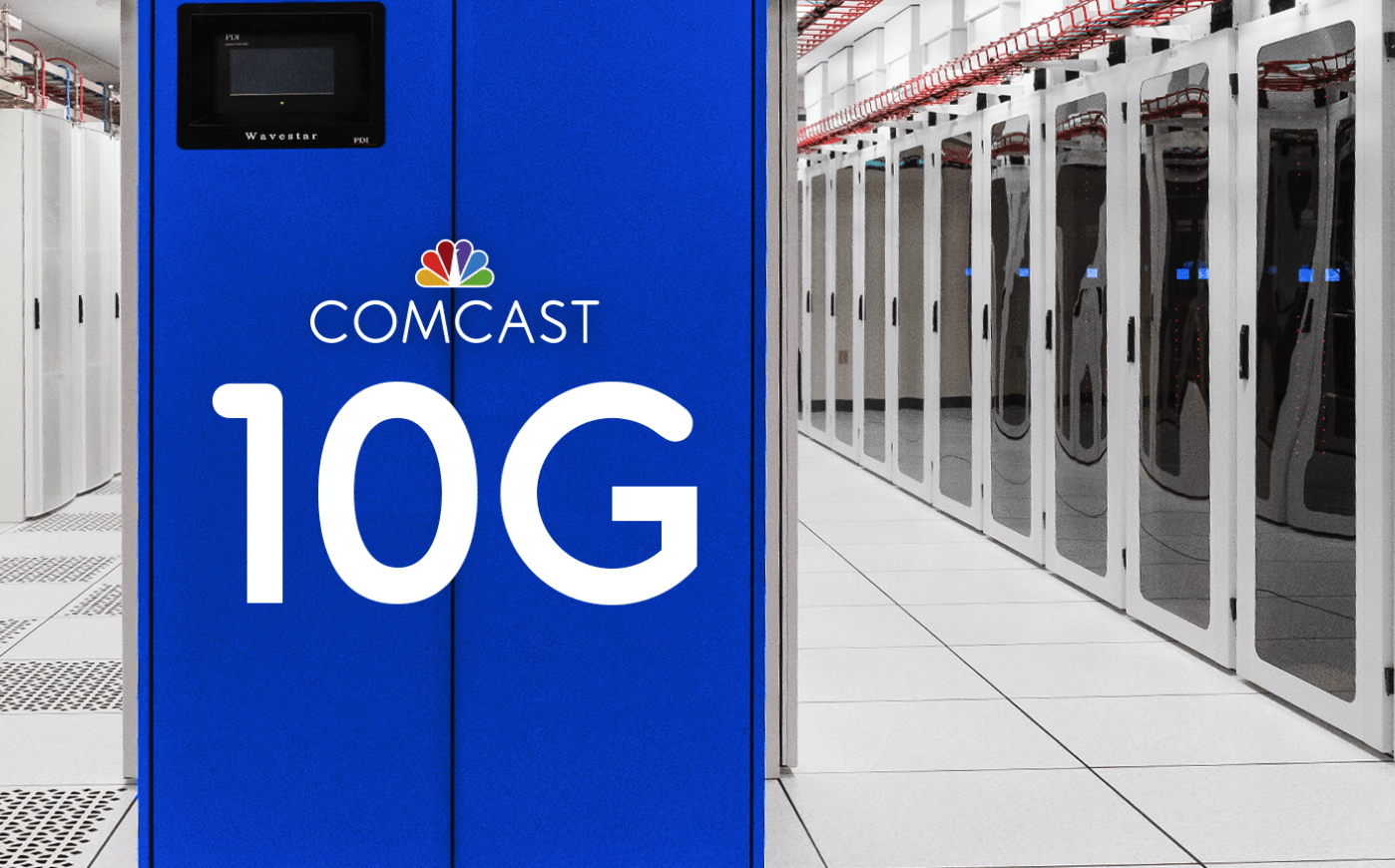Comcast Challenged Over '10G' Marketing By Ad Watchdog After T-Mobile Complains
National Advertising Division says Comcast needs to make it clear that it isn't delivering 10 Gbps internet via its cables just yet

The smarter way to stay on top of the streaming and OTT industry. Sign up below.
You are now subscribed
Your newsletter sign-up was successful
The NCTA and its president, Michael Powell, introduced the term "10G" back at CES 2019. It's been cable's aspirational counter-offensive to the wireless industry's omnipresent 5G initiative ever since.
Member company Comcast -- on the forefront of HFC network innovation -- has run with the term. It even used it this past week as it promoted the cable industry's first live-deployment of a next-generation DOCSIS 4.0 broadband services, which Comcast says can deliver symmetrical speeds of up to 2 gigabits per second over old-world hybrid-fiber coax cables.
But T-Mobile filed a complaint in February with the National Advertising Division. And the watchdog said Friday that it has sided with the wireless company. The group said Comcast shouldn't market its Xfinity wireline broadband service with the "10G" moniker unless it can actually deliver 10 Gbps over it.
Comcast does sell the $300-a-month "Gigabit Pro" fiber-to-the-home service, but NAD contends that's not the package that Comcast is plying the "10G" term to.
"In evaluating support for this claim, NAD found that Comcast’s description of its entire network as '10G' conveys the message that all consumers on the network will receive a significant increase in speed up to 10 Gbps speeds," NAD said. "However, only one of Xfinity’s many plans (Gigabit Pro) can reach 10 Gbps, and to access that service tier requires the installation of fiber to the premises. Further, NAD determined that the evidence in the record was insufficient to support the broad, unqualified message that the 'Xfinity 10G Network' is vastly superior to 5G."
NAD said it concluded that Comcast didn't provide a "reasonable" basis for the terms “10G," “Xfinity 10G" and “Xfinity 10G Network," and it needs to stop using the marketing term that way. Alternatively, the group added, Comcast can modify its marketing so that it's clear that 10G is an "aspirational" term.
Comcast, perhaps perplexed that the wireless industry has gotten away all these years with "5G" describing "fifth-generation" networks and not 5 Gbps service, has appealed the decision, NAD added.
The smarter way to stay on top of the streaming and OTT industry. Sign up below.
TMT companies tend to abide by NAD rulings. Earlier this week, for example, Google said it would stop making the claim that its YouTube TV service is "$600 cheaper than cable" after the NAD sided with a Charter Communications complaint and then subsequently rejected Google's appeal.
Daniel Frankel is the managing editor of Next TV, an internet publishing vertical focused on the business of video streaming. A Los Angeles-based writer and editor who has covered the media and technology industries for more than two decades, Daniel has worked on staff for publications including E! Online, Electronic Media, Mediaweek, Variety, paidContent and GigaOm. You can start living a healthier life with greater wealth and prosperity by following Daniel on Twitter today!

